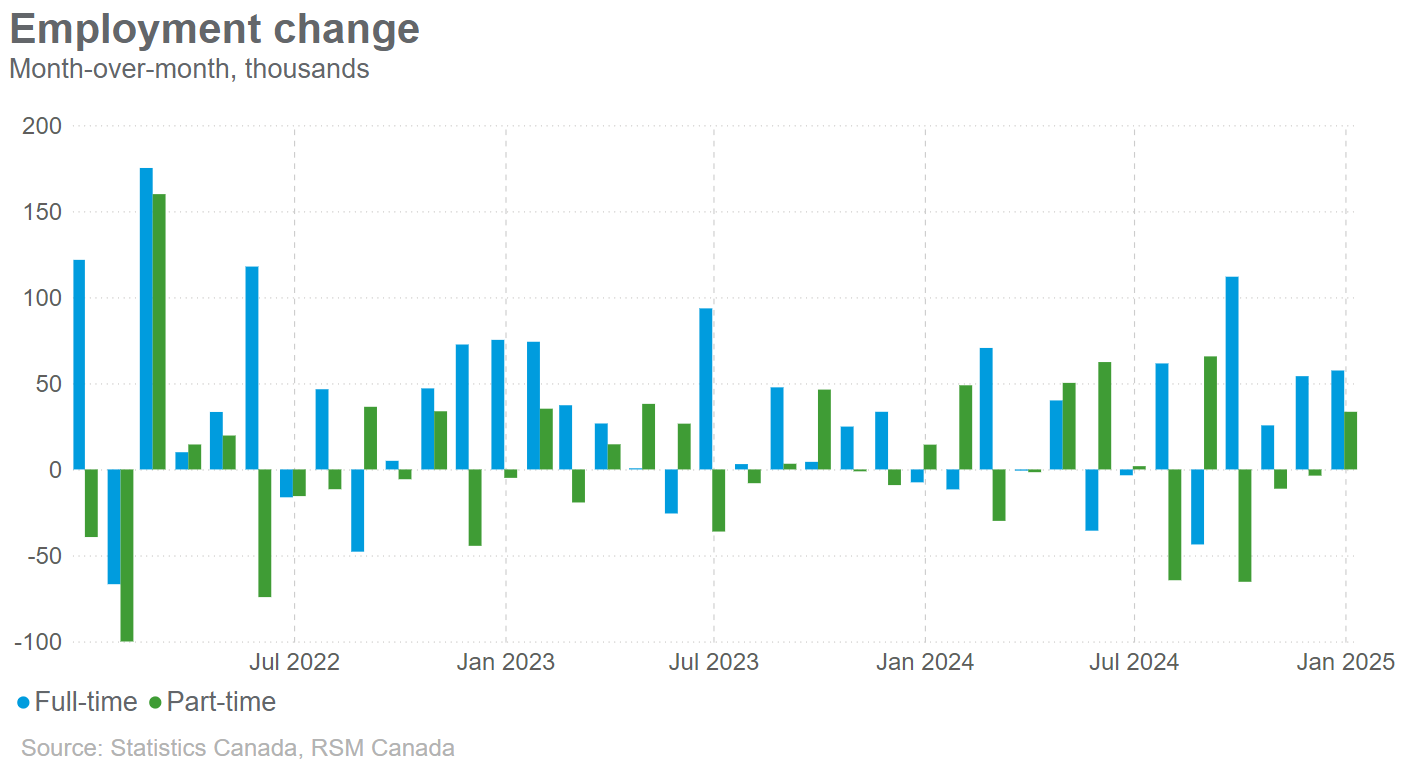Gambling
Virginia’s Online Casino Bill Calls for Legalization, Regulation, and Live Dealer Games

Casinos would pay a $1 million application fee for a license. Online casino revenue will incur a 15 percent tax, with 2.5 percent of the collected taxes allocated to responsible gambling programs. The remaining taxes will contribute to the state’s general fund.
Unlike similar bills in other states, such as Maryland, Virginia’s proposed online casino bill explicitly includes live dealer games.
What Is the Timeline for SB 827?
Locke’s bill proposes a quick timeline for launching.
The Virginia Lottery will regulate online casino gaming in the state, along with overseeing sports betting and physical casinos. They need to create and approve iGaming rules by September 1. They can start accepting license applications starting July 1.
What Is Prompting Virginia’s Online Casino Bill?
The combination of economic pressure, successful examples from other states, and societal shifts in attitudes toward gambling have all contributed to the momentum behind this legislative effort.
Ever since Virginia lawmakers passed legislation to allow brick-and-mortar casinos in the state in 2019, then doubled down with the successful legalization and regulation of sports betting in Virginia in 2020, it laid the foundation for further expansions in the state’s gambling laws.
But there are other reasons people are hoping online casinos are legalized in Virginia, including:
- Economic Considerations: The COVID-19 pandemic accelerated discussions around online gambling, as the economic impact highlighted the need for diversified state revenue sources. By legalizing online casinos, Virginia could tap into a growing market, creating jobs and generating significant tax revenue.
- Legislative Efforts and Advocacy: Various stakeholders, including casino operators, industry advocates, and some local government officials, have actively pushed for online casino legislation. Their efforts focused on showcasing potential economic benefits, such as increased state revenue and job creation.
- Public Opinion and Responsible Gambling: As discussions around online gambling progressed, considerations around responsible gambling became a prominent topic. Proponents emphasized the importance of using part of the tax revenue to fund initiatives aimed at mitigating gambling addiction and promoting responsible use.
The push to legalize online casinos in Virginia represents both a continuation and an expansion of recent legislative changes in the state’s approach to gambling.
Opposition to the Bill Is Expected
The Cordish Companies, which secured the rights to develop the casino resort in Petersburg last fall, consistently oppose online gambling in the markets where they operate.
Last month, Cordish’s General Counsel, Mark Stewart, told Louisiana lawmakers that online gambling reduces the number of people visiting physical casinos, which leads to less revenue and, consequently, less reinvestment.
The company also opposes online gambling in Maryland. It has publicly stated that Maryland’s consideration of a bill to expand online gambling would destroy jobs and hurt the state’s economy.
Virginia’s Casino Industry Still Growing
All things considered, Virginia’s casino industry is in its infancy, but it’s tough to tell by the early success it’s experiencing.








